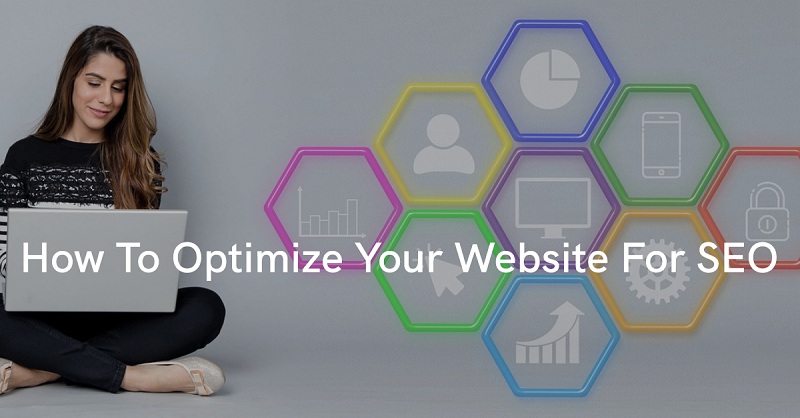To optimize your website for SEO, there are a few things you should keep in mind. Not only will this make it easier for search engines to find you, but it will also create a positive user experience that will encourage people to return. When designing your accounting homework help website, think about how users will interact with it. Do you have any interactive features, such as polls or quizzes?
What is SEO and what are the benefits of optimization
SEO (Search Engine Optimization) is a process that can be used to improve the visibility and ranking of a website on search engines. The benefits of optimization are numerous and include increased traffic, increased brand awareness, and improved conversion rates. In order to optimize a website for SEO it is important to understand the principles behind search engine algorithms and how they work. Additionally, effective SEO requires ongoing effort and regular monitoring to ensure that the site remains optimized.
Establishing Goals: What should your website’s primary objectives be for SEO
When setting goals for your website’s SEO, it is important to consider what your website’s primary objectives should be. Generally speaking, your website’s objectives should be related to making money or improving traffic numbers. For example, if you have a blog and you want to improve the visibility of your articles on search engines, your objectives could also include increasing site visits and engagement. Once you have determined what your website’s primary objectives are, it is important to establish specific targets for each goal. Once you know how much traffic and revenue you need to reach your targets, then you can begin working towards attaining them.
Planning Strategies: How can you optimize your website to achieve these objectives
Anyone who owns a website knows that optimizing it for search engine optimization (SEO) is important? There are many factors to consider, including your website’s title, keywords, and content.
This is arguably the most important factor in SEO, because it determines where your website appears in search results pages (SERPs). customers Try to avoid long titles that may be difficult to read or remember.
Add keywords to your website’s titles, headings, and text tags. Use at least 50 different keywords throughout your site to ensure optimal visibility.
Analyzing Your Website: What data can you use to improve your website ranking
One way is to analyze your website’s data and find areas where you can optimize your page for better SEO. Here are some data points you can use to improve your rankings:
- Pages with more content and fewer errors tend to rank higher.
2. Make sure all of your webpages have the same title tag and meta description tag, as these will appear in search engine results pages (SERPs) as part of your website’s information box.
3. Use keywords throughout your page content, titles, and meta descriptions to help boost traffic from search engines.
Tools & Resources: Where can you find more information on how to optimize your website for SEO.
The search engine optimization (SEO) process is one that can be time-consuming and require a good deal of research. That’s where we come in. Here, we’ve compiled a list of tools and resources that can help you optimize your website for SEO.
Google Webmaster Tools:
This tool provides administrators with insights into how Googlebot interacts with their website, including information on what pages are ranked higher than others and the amount of traffic they receive from different sources.
Ahrefs:
Ahrefs is a comprehensive SEO tool that allows users to track the performance of their websites across key metrics such as organic search traffic, social media engagement, backlinks and more.

